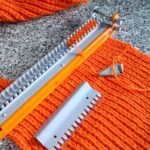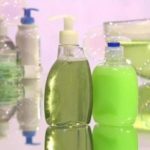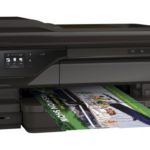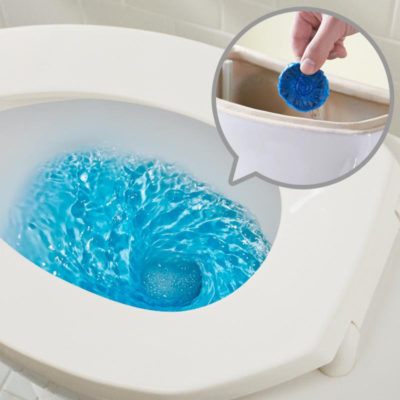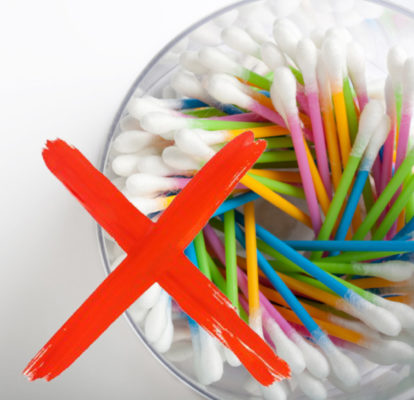How to clean a shower stall from soap stains and limescale deposits
A shower cabin is convenient! Any owner of such a useful thing will tell you this. It takes up little space, which is especially important for a small room. There is practically no moisture left from it; it does not need to be vigorously scrubbed of dirt, like a regular bathroom.
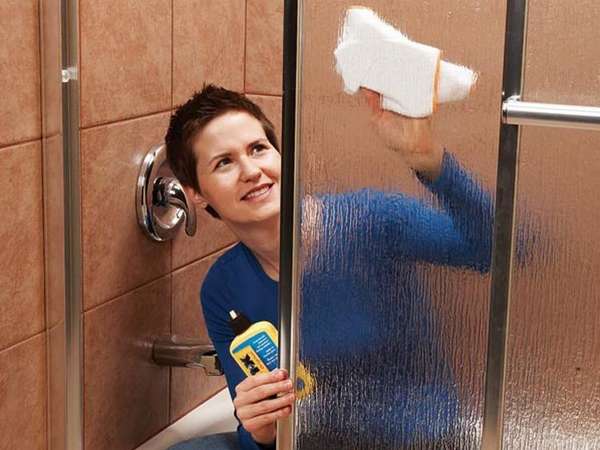
But the shower stall also requires some care. If you neglect a plumbing box, it will quickly turn into a dirty and unkempt object. And you will have to wash it for a painfully long time, remembering all the inhabitants of hell and their mothers.
The content of the article
Features of care
The situation is complicated by the fact that the booth itself consists of different materials that differ in the rules of processing and cleaning.
- The body and doors are made of plastic or glass.
- The shower head itself is made of aluminum or chrome-plated steel.
- The tray is made of acrylic, ceramics, cast iron or metal, so you will have to select different cleaning products.
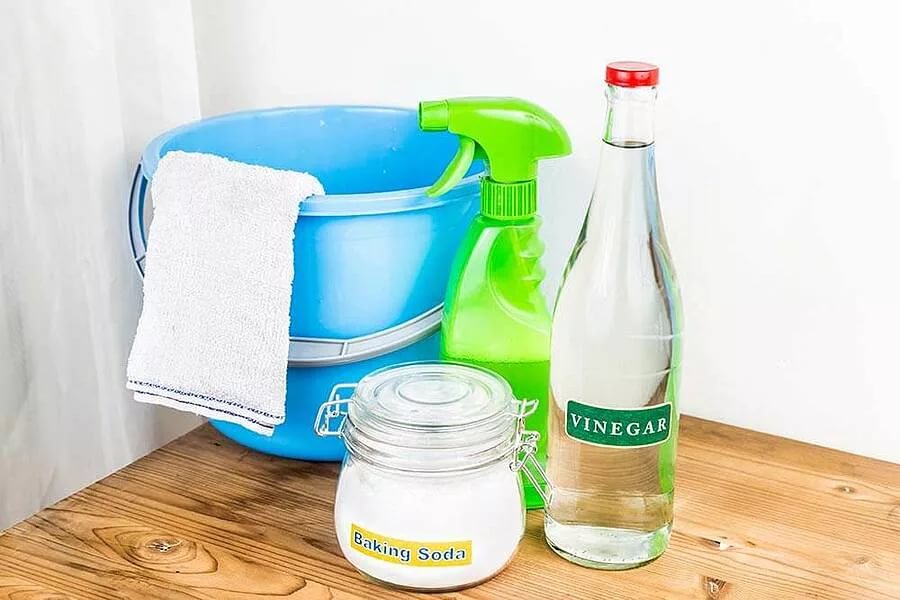
IMPORTANT! Acids, alcohol-containing products, and abrasive materials are not suitable for acrylic. These same substances do not like cast iron and steel. And hard scrapers will not please any material at all.
It is best to use special preparations for each surface or use universal products.They may well be dishwashing liquid, laundry soap, soft sponges and rags, and various folk remedies.
Soap stains or limescale deposits most often remain in the shower stall. The first ones can be washed quite easily with clean water and a cloth. And the second one can cause a lot of problems for the owner. But we will teach you how to keep your shower stall clean.
How to rid a shower stall of soap stains
So, soapy stains. In principle, if you wipe the walls of the cabin from droplets of soap suds every time, then the contamination simply has no chance of survival.
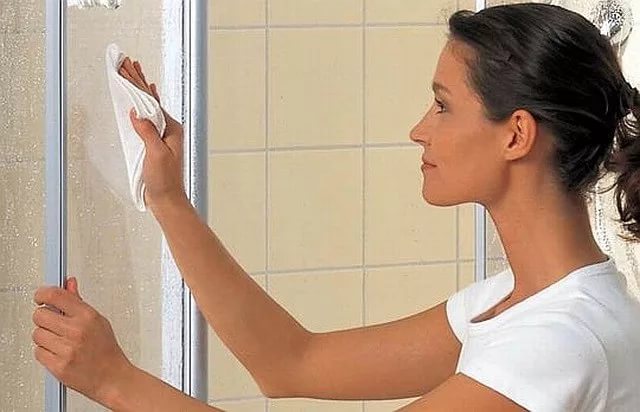
When this is not possible (or you are simply lazy - it happens!), then in the future you can use warm water and a rag. If the soap trail has already become noticeable, then vinegar, citric acid, soda and even toothpaste will come to the housewife’s aid.
Vinegar
It is necessary to dilute the vinegar with plain water in a ratio of 1:2. Then apply the resulting solution to the walls of the booth.
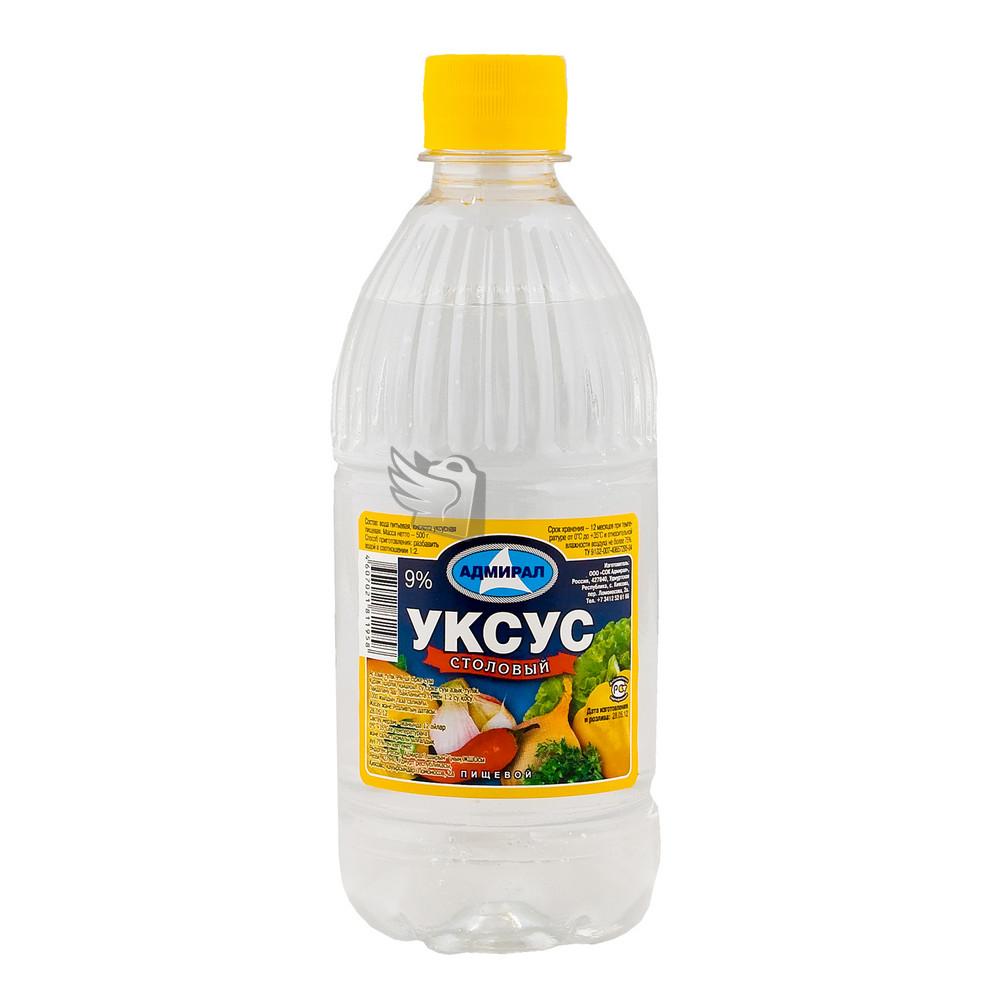
ADVICE! It is best to use a spray bottle. With its help, it is possible to quickly and efficiently process the entire surface.
After 15 minutes, all this is washed off with water and wiped with a clean, dry cloth.
Along with the soap, limescale and salt deposits will come off, and the metal elements will sparkle with renewed vigor.
IMPORTANT! To prevent damage to the acrylic bottom, it is better to pour water into it.
Lemon and soda
The composition of citric acid is very similar to vinegar essence. And its operating principle is similar.
Lemon and soda will scrub off everything. It is enough to apply baking soda and a few drops of lemon juice to the sponge and a violent reaction will begin. All this breathable splendor is applied to a dirty surface, gently wiped and washed off with water.
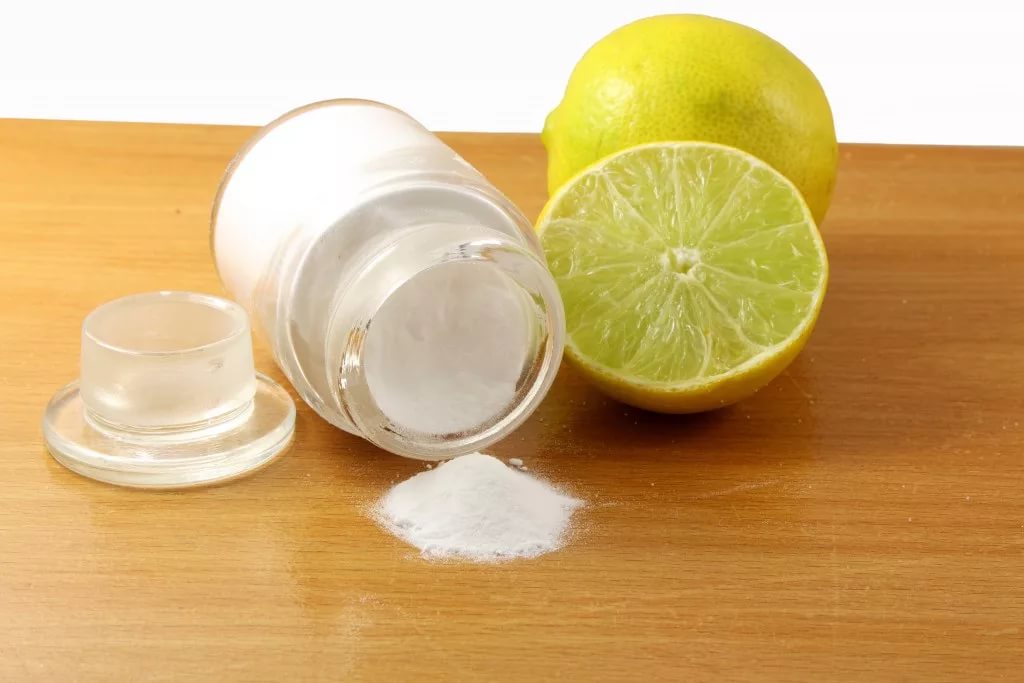
In case of heavy contamination, the soda slurry should be left for 15-20 minutes. This way everything will be wiped off: soap, lime, cosmetics, grease.
ADVICE! Instead of lemon, you can use citric acid. In this case, the resulting powder from the two components is simply lightly poured with water.
Ammonia
Will provide effective assistance in the fight for cleanliness. A few drops diluted in water will not only help clean the walls, but will also create a mini-film that protects against new stains.
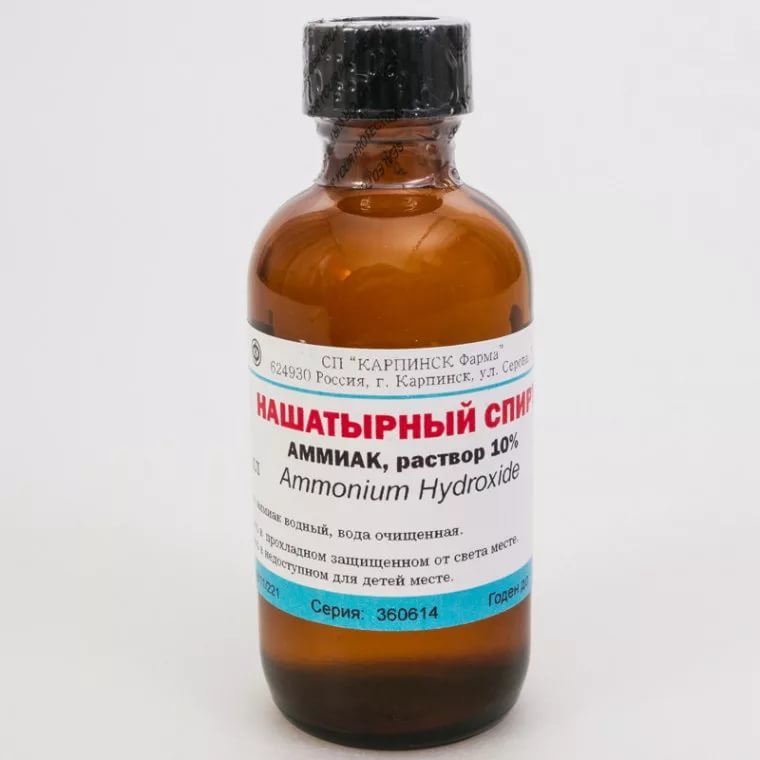
If this seems not enough, then you can take soda (a tablespoon), mix it with a liter of water and add half a glass of ammonia. Leave the resulting mixture for about an hour, rub lightly and rinse with water.
It will smell great, so it’s better to think about quick ventilation in advance.
Vodka with water
A good remedy for soap stains is vodka diluted with water in a 1:2 ratio.
Toothpaste
To gently clean acrylic, use toothpaste or tooth powder. They must be applied, lightly rubbed and rinsed thoroughly.
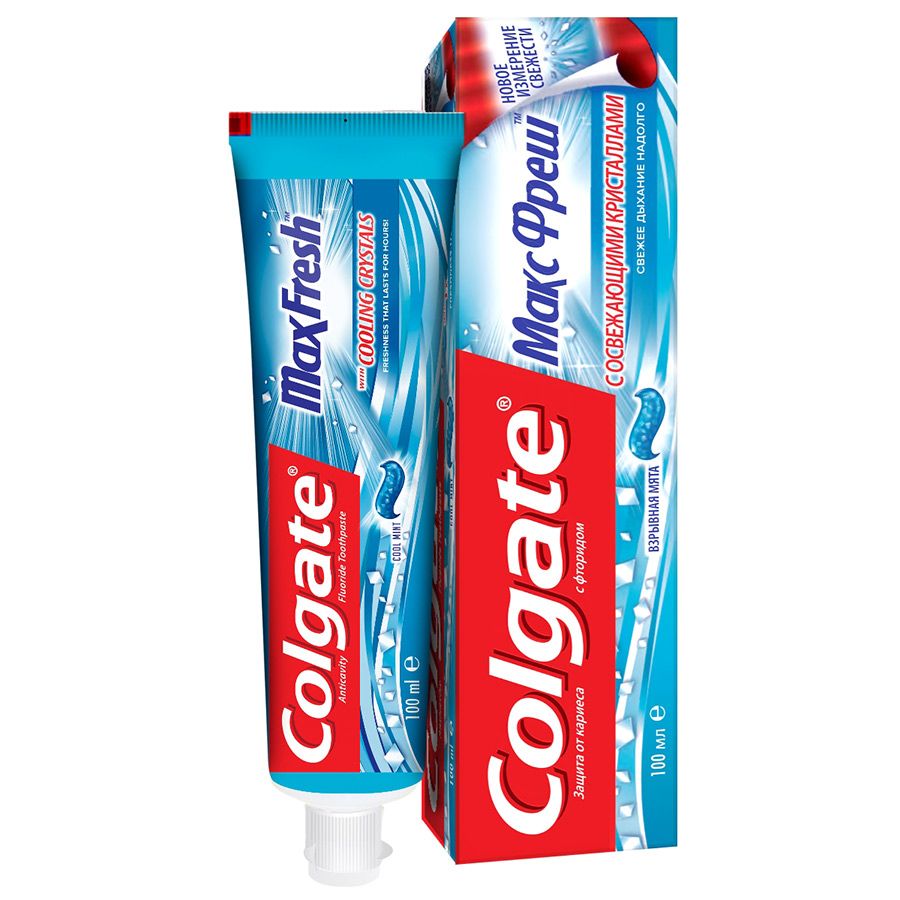
The shower stall is cleared of soap and once again pleases the owner with its radiant cleanliness!
How to remove limescale
This very plaque appears unnoticed and accumulates quickly. After a very short time, he will be able to ruin the mood of everyone taking a shower.
Special products will also help get rid of limescale.
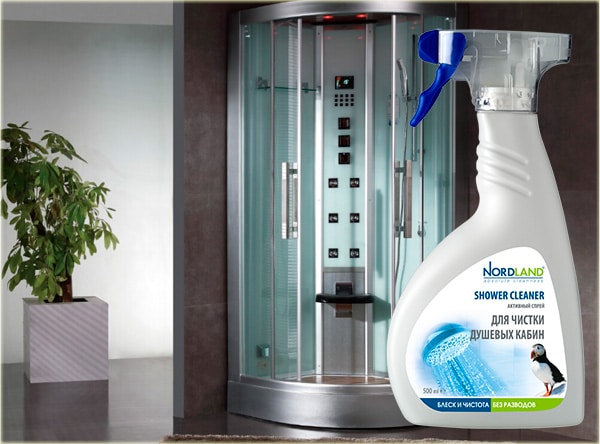
They say that window or dishwashing liquid does a good job of removing stains, but it’s hard to believe.
Soda
Among the folk remedies, baking soda with vinegar or lemon will help perfectly. Lemon is preferable as it will leave behind a fresh citrus aroma.
Soda
If you have soda in the depths of your refrigerator, you can try using that too.The action goes something like this.
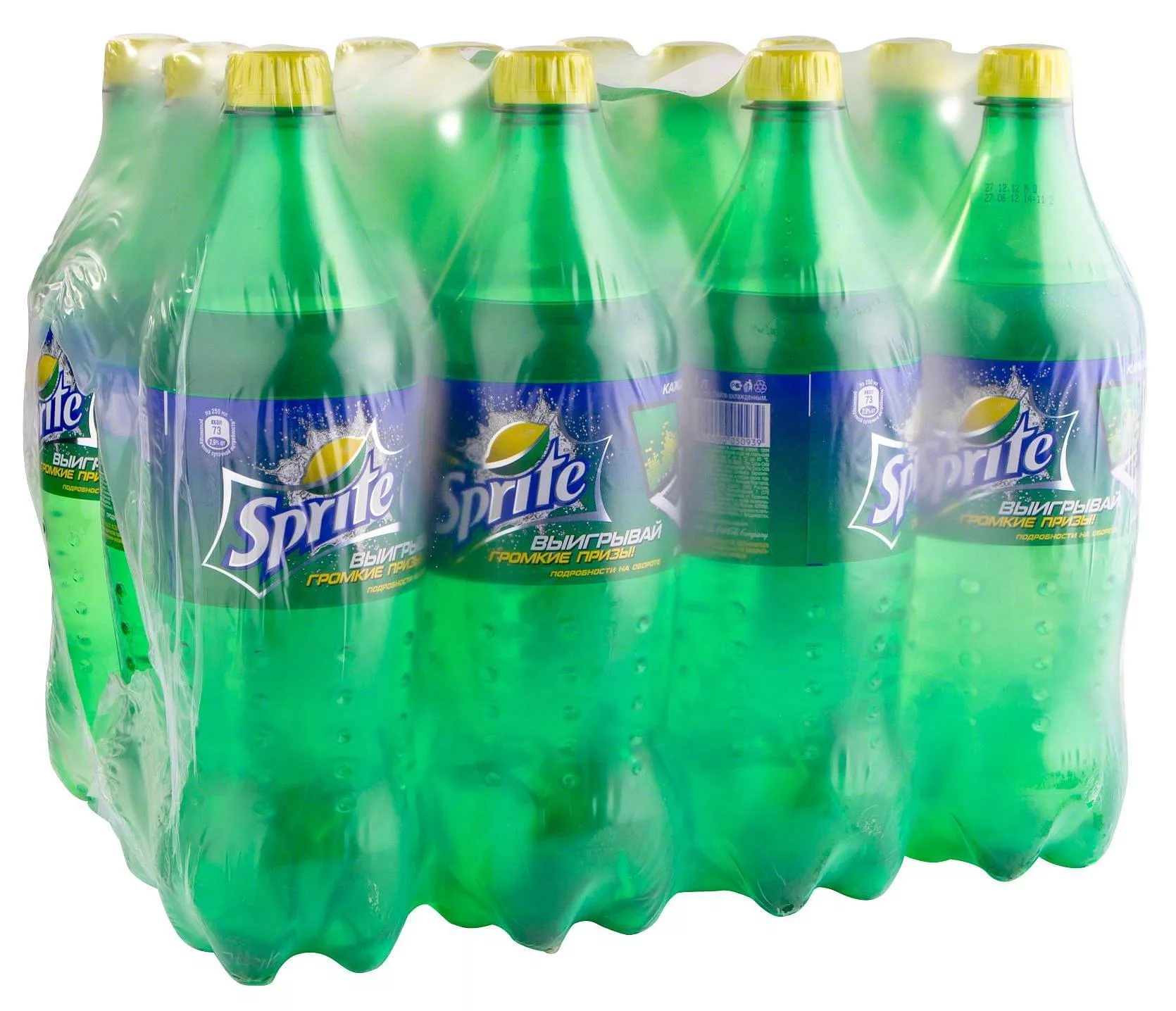
- The surface is generously moistened with Cola or Sprite (our lemonades cannot stand comparison).
- Leave for about 15 minutes.
- Wash off with plenty of water. You will need more liquid to remove all the sugar.
Store products
Of the special products, “Mister Muscle”, “Sif”, “Sanelit” cope well with limescale deposits. They are quite gentle.
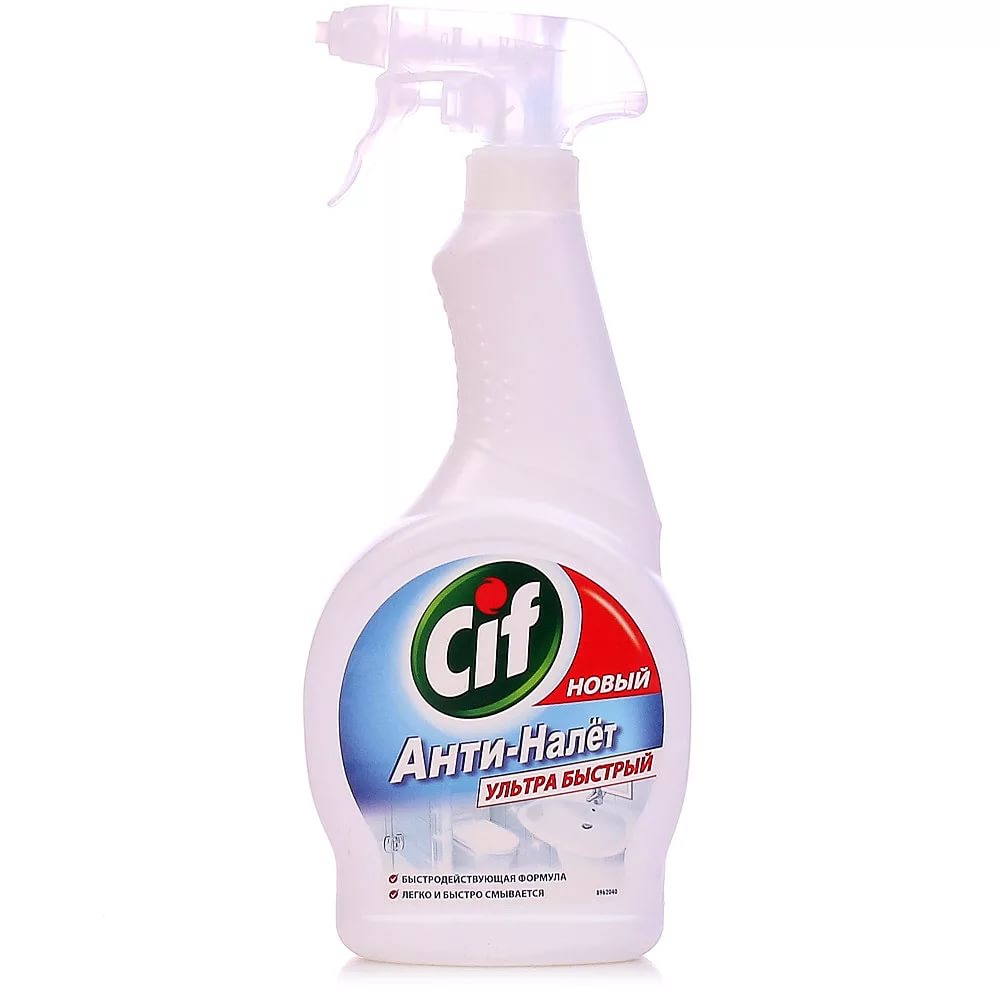
ADVICE! Before purchasing, it is better to check whether the product is suitable for all surfaces of your plumbing equipment.
Melamine sponge
Melamine sponges have proven themselves well. Manufacturers promise that they will cope with soap stains, limescale, yellowness, rust and even mold. And they are suitable for all surfaces.
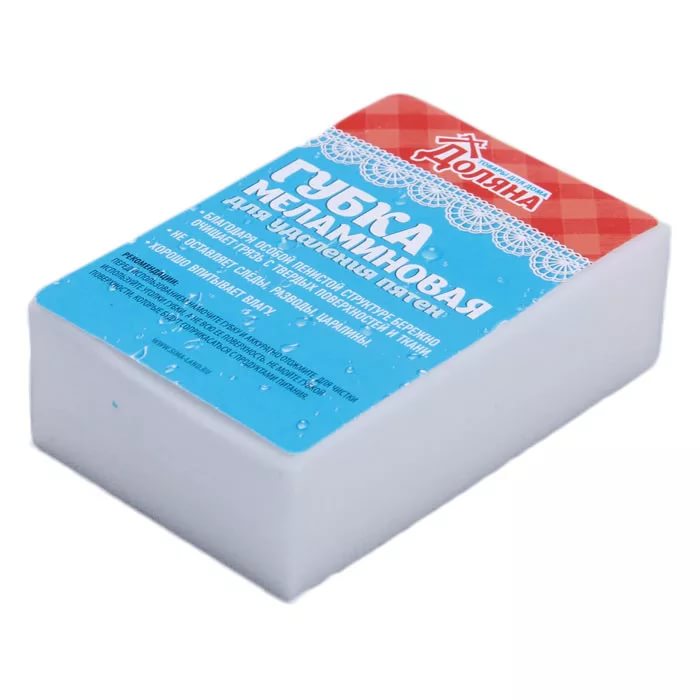
Steam generator
If you don’t want to get your hands (or gloves) dirty with solutions, you can try using a steam generator. A strong jet of steam is quite capable of successfully removing all contaminants. It will also be able to destroy bacteria.
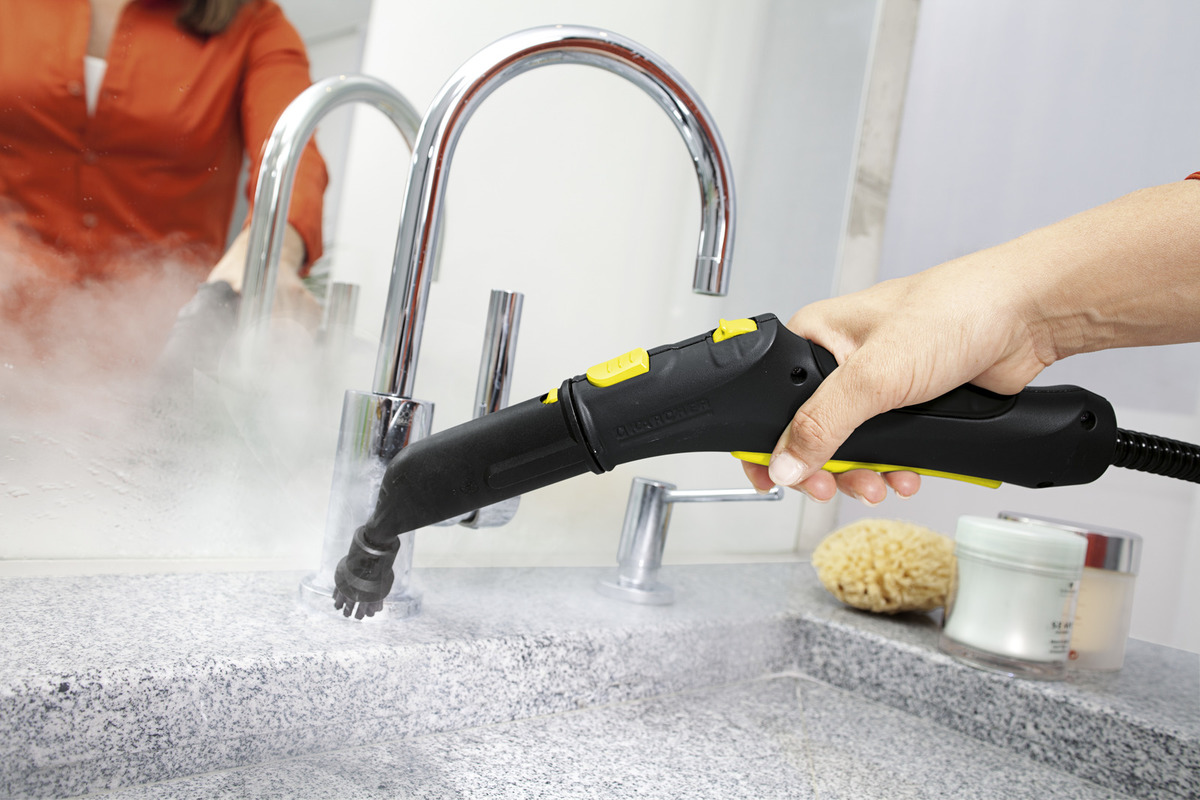
IMPORTANT!
It is necessary to carefully direct steam to rubber and plastic - these materials are extremely sensitive to high temperatures.
But in general, all these problems can be easily avoided if you take care of the booth. Moreover, this plumbing element will require very little maintenance. Every time after a shower, you need to spray all the walls with hot water and walk with a dry cloth. And once a week, please the plumber with an expensive spray you bought or a cheap improvised product.

